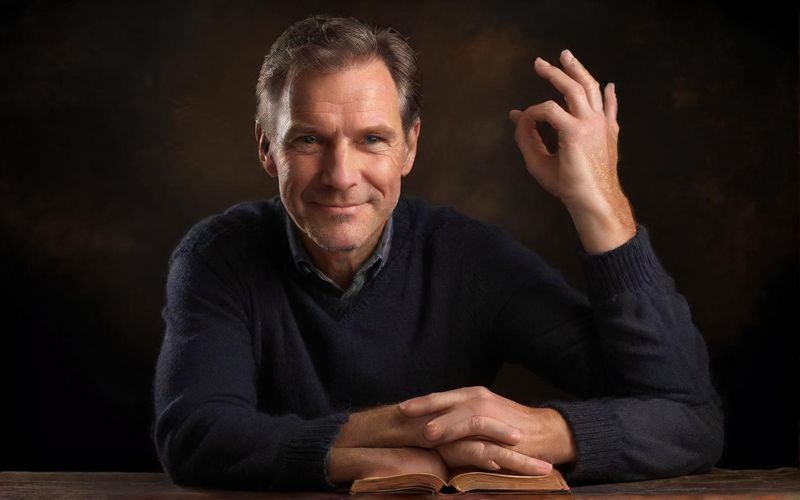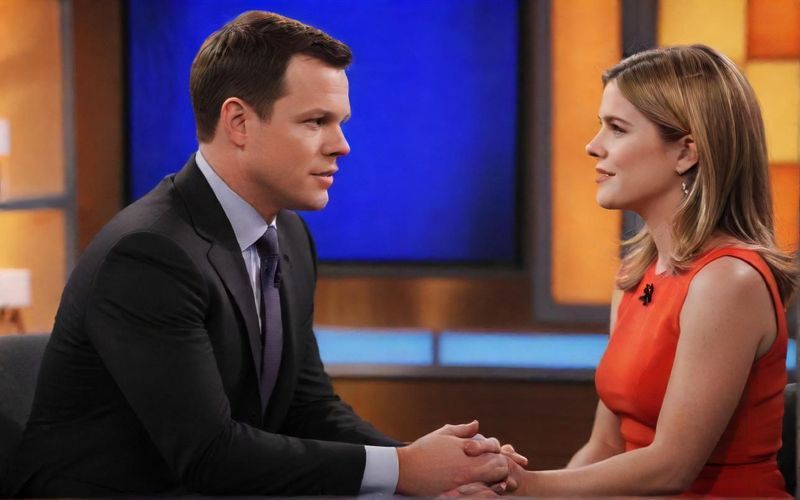RFK Jr. Appointees Alter COVID Vaccine Guidance

Instead of a blanket recommendation, the committee is now leaning towards a "shared decision-making" approach, meaning you'd talk with a medical professional to weigh the risks and benefits. This comes after a period of notable changes within Acip itself. As reported by the BBC, Health Secretary Robert F Kennedy Jr. made waves by dismissing the entire previous committee in June and appointing new members, a decision that certainly stirred the pot in the medical community.
The discussions weren't just about Covid-19. There was also some back-and-forth regarding the measles, mumps, rubella, and varicella (MMRV) vaccine, leading to some revised guidance for younger children, which the American Medical Association noted could leave parents feeling confused. Furthermore, a vote on hepatitis B vaccine recommendations for newborns was delayed, even though scientists generally view this vaccine as safe and effective for preventing a serious liver virus. The CDC has historically recommended this jab for newborns since 1991, and its implementation is credited with a significant decrease in cases among young people.
What’s particularly fascinating, and perhaps a bit unsettling for some, is the context of these shifts. The actions of Robert F Kennedy Jr. and his appointees have certainly put vaccine policy under a microscope, and as CNN noted, some of the discussions within the committee meetings were described as chaotic, marked by disagreement and even confusion. The notion of requiring a prescription for the Covid-19 vaccine, a proposal that ultimately didn't pass, highlights the intensity of the debate. It’s understandable why people are curious about what this evolving landscape means for access and our collective approach to public health.
With these changes in play, and knowing that states and even insurance companies are already devising their own responses, it makes you wonder: what will be the long-term impact on public confidence and vaccine uptake moving forward?









